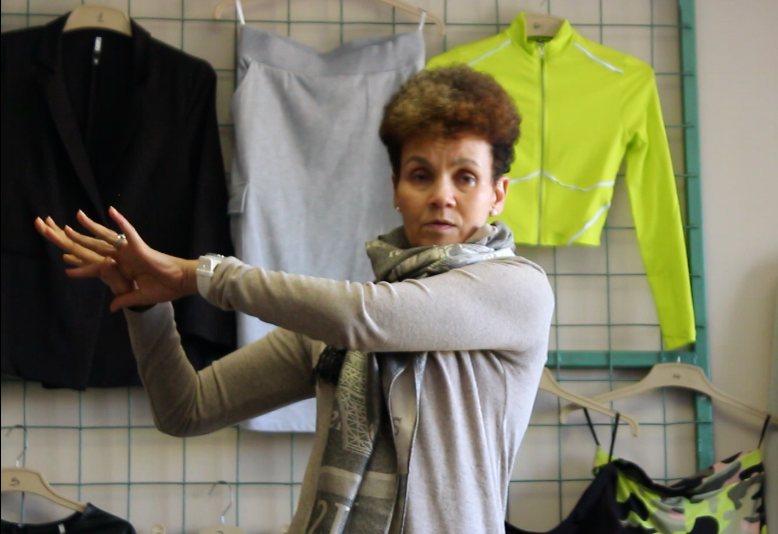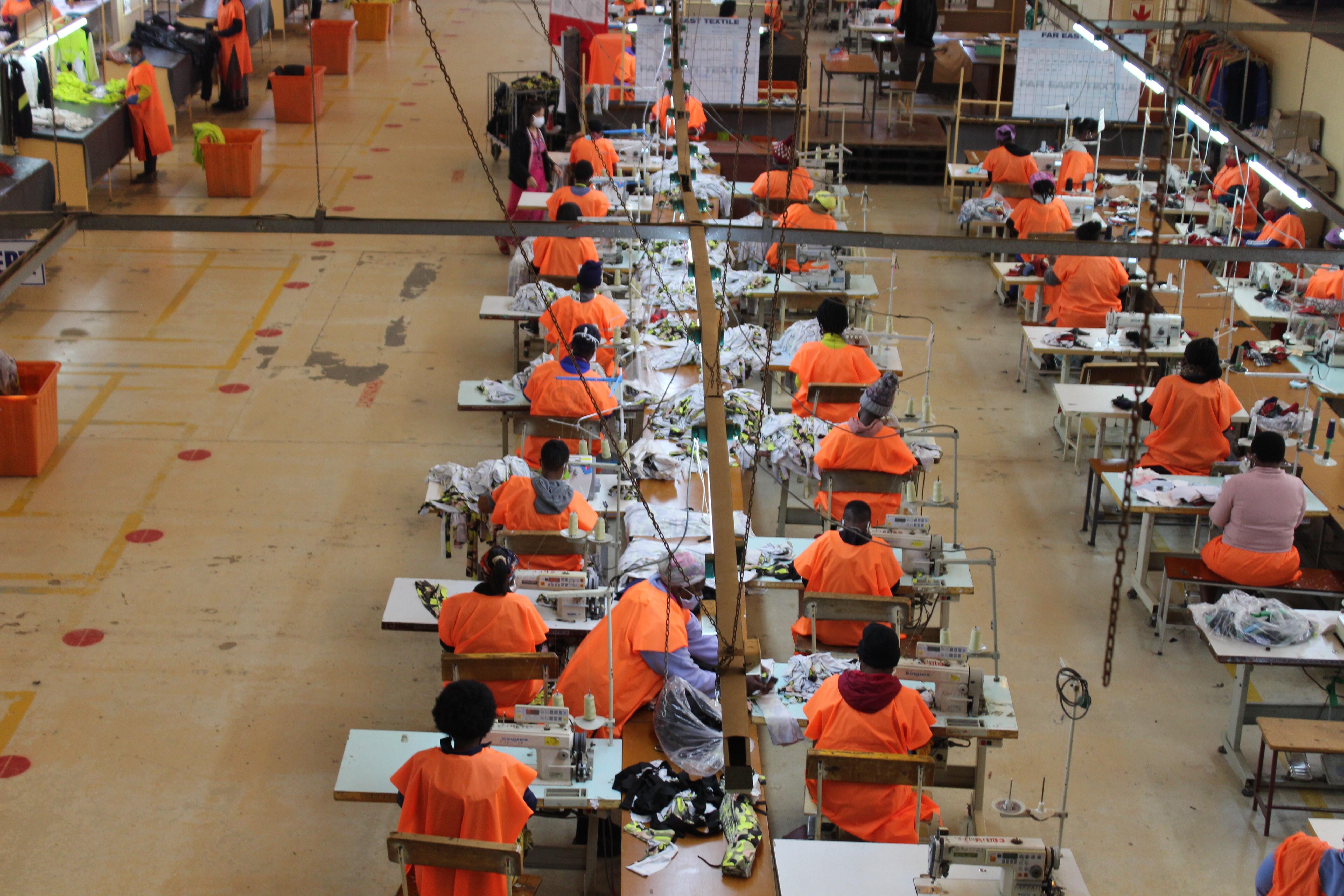When *S’phiwe was asked what it would mean to her to access sexual and reproductive health services right within the premises of her employ, she had this to say;
“This would certainly make my life a lot easier and save me a lot of time and money. It would mean that I can easily get my next injectable dose for contraception, without risking the possibility of falling pregnant. I recall a time when my injection expired and I had to wait for two weeks to get paid in order to pay for bus-fare to travel to the nearest health facility. Those two weeks seemed as though they would never pass – it was as if I waited forever."S
S’phiwe is one of the thousands of young women with a high unmet need for family planning in Eswatini. She works in Eswatini’s textile industry in the country’s economic hub, Matsapha.
In an effort to find a long lasting solution, UNFPA in collaboration with UNICEF and Women and Law in Southern Africa, met with Tokky Hou, the Director of Far East Textiles in the presence of Manzini South to initiate talks towards a partnership to support women working in the factories with sexual and reproductive health services. Other essential services tabled during the meeting included provision of gender and human rights education and support for a group of children residing in a place called Canaan allegedly abandoned by the factory-employed women.
Ms Margaret Thwala-Tembe explained the importance of ensuring that every woman has access to sexual and reproductive health services linking it with UNFPA’s 3 zeros and the overall achievement of SDGs.
“Reaching the groups that are left further behind is a priority especially now that we talking about accelerating the achievement of the SGDs. In addition, service provision for these women can contribute in the reduction of the country’s unmet need of family planning and lower maternal mortality rate.”
Her views are also shared by Mrs Busisiwe Mndzebele, the Regional Member of Parliament for Manzini. She also reflected on previous accomplishments providing services for factory workers.
“As a former nurse myself, I can imagine the relief of a burden this could do. In my days as a Mobile clinic nurse, factory workers were our target. Among other things, we provided STI screening and treatment, Family planning and HIV testing services. The project had a huge impact, I have no doubt it can still have the same impact.”
No one had been spared from the wrath of the COVID-19 pandemic. However, the factory workers, mostly who were driven away from the village by hardships, felt most as they `suffered a double jeopardy. When the factory ceased operating, many were laid off and had no money for rent hence they went back to the poverty stricken village.
“We need to do something about nurturing these young girls when they come to work in the city. Some are completely clueless about education and or family planning services. A partnership with any of you could benefit these women a lot,” the Director said.
In elaborating on the impact of the shortage of SRHR services for the women, Ms. Hou shared a story of nearly 300 abandoned children kept at an orphanage called Canaan. According to her, these children were born by some of the factory workers who supposedly abandon them due to lack of family support.

“As most come from the village, they take care of their siblings as their parents may have died of AIDS. A baby seems an added cost and may hinder her from supporting the sibling. The city friends then introduce her to abortion tricks. If that fails, that child gets abandoned.”
Concerned about the services provided to the children residing in Canaan, Nathalie Daries from UNICEF shared some of the agency’s current work.
“UNICEF is creating a roster for care points in the country. While doing so, we are also inquiring on what their needs are in order to come up with relevant support. One issue I’m picking up right now is that of birth certificates for these children.”
As birth registration also touches on UNFPA’s population and data mandate, Ms. Margaret Thwala-Tembe pointed out the need for a close collaboration with the Department of Social Welfare in the Deputy Prime Minister’s office.
In an earlier commentary, the Royal Eswatini Police services shared that Gender-based violence cases are concentrated in the densely populated Matsapha area. Ms. Phumelele Dlamini-Zulu, a paralegal at Women and the Law saw an opportunity for empowering these women on their right and importance of reporting violence directed at them.


